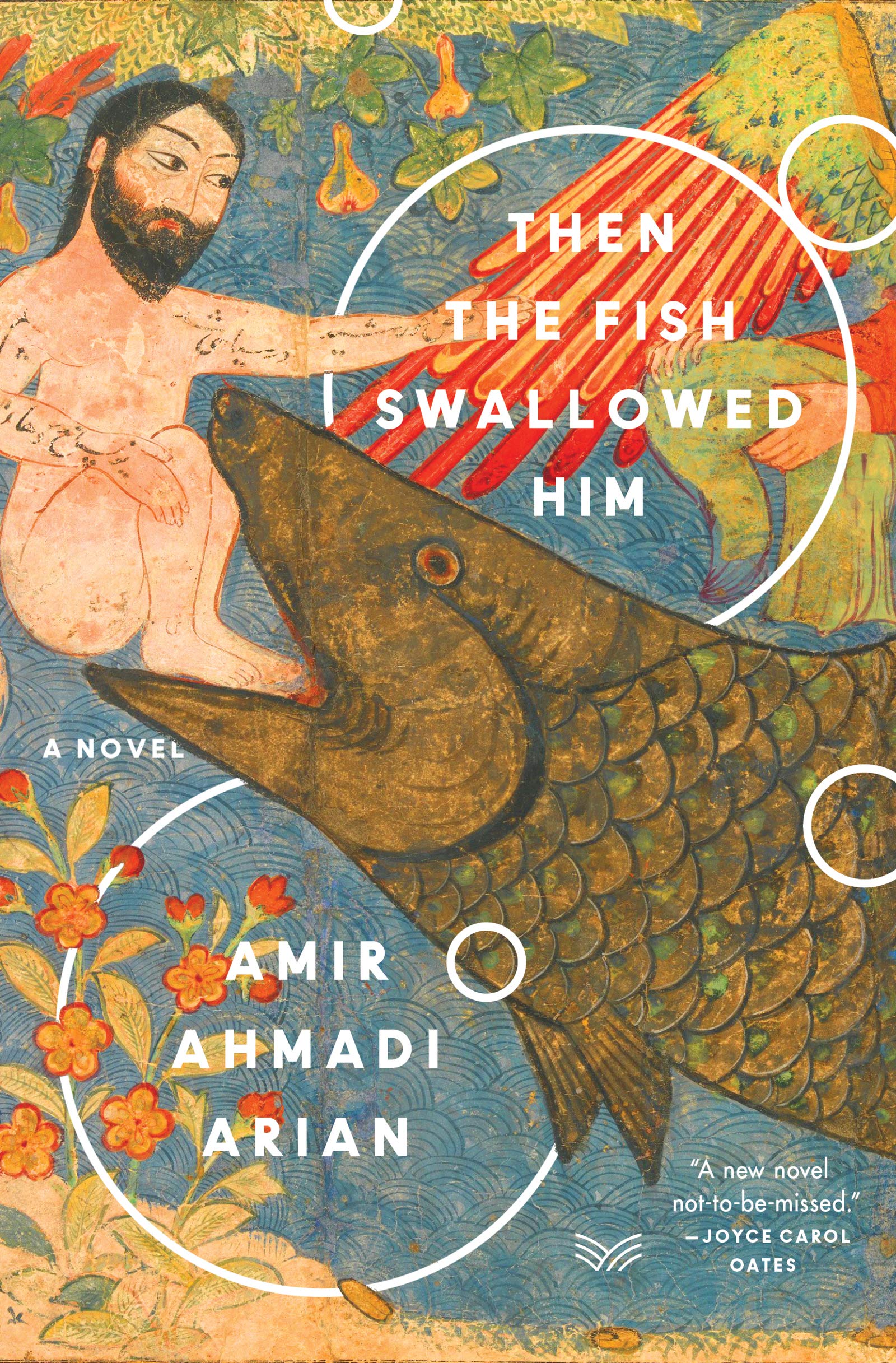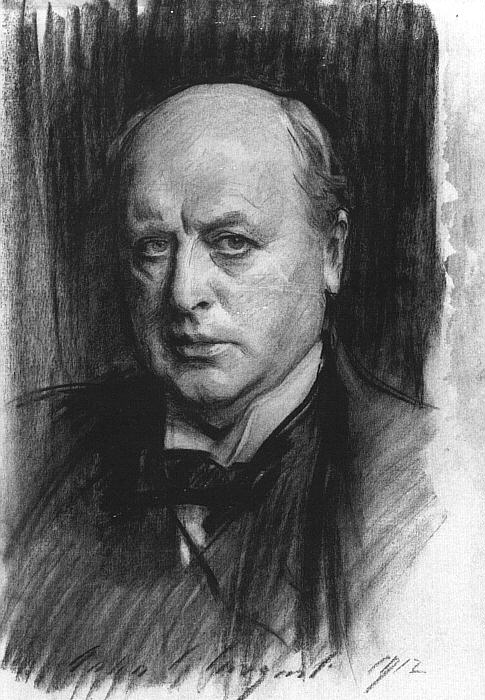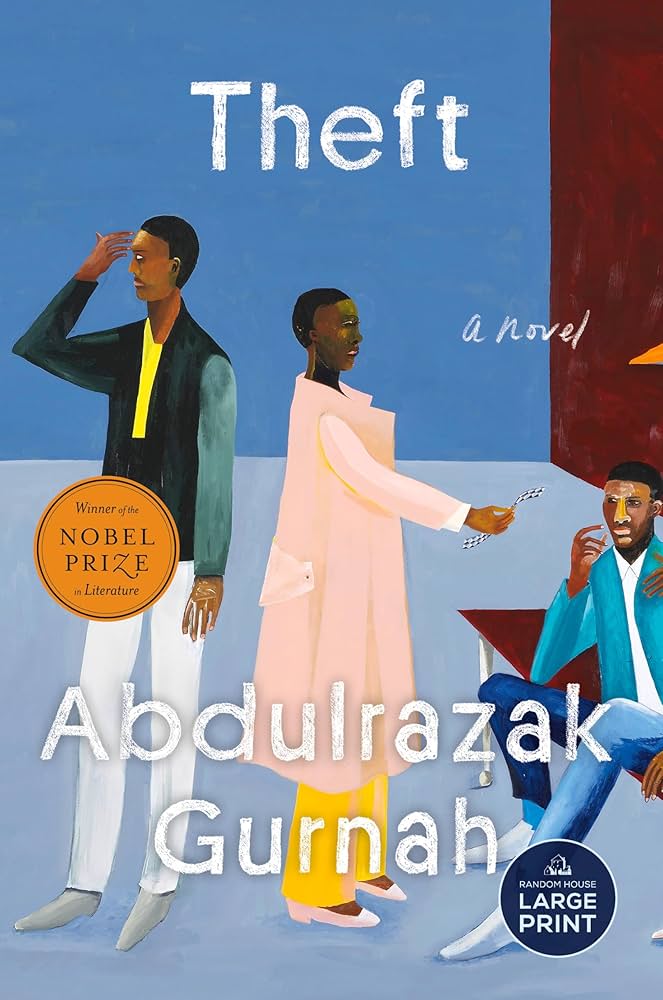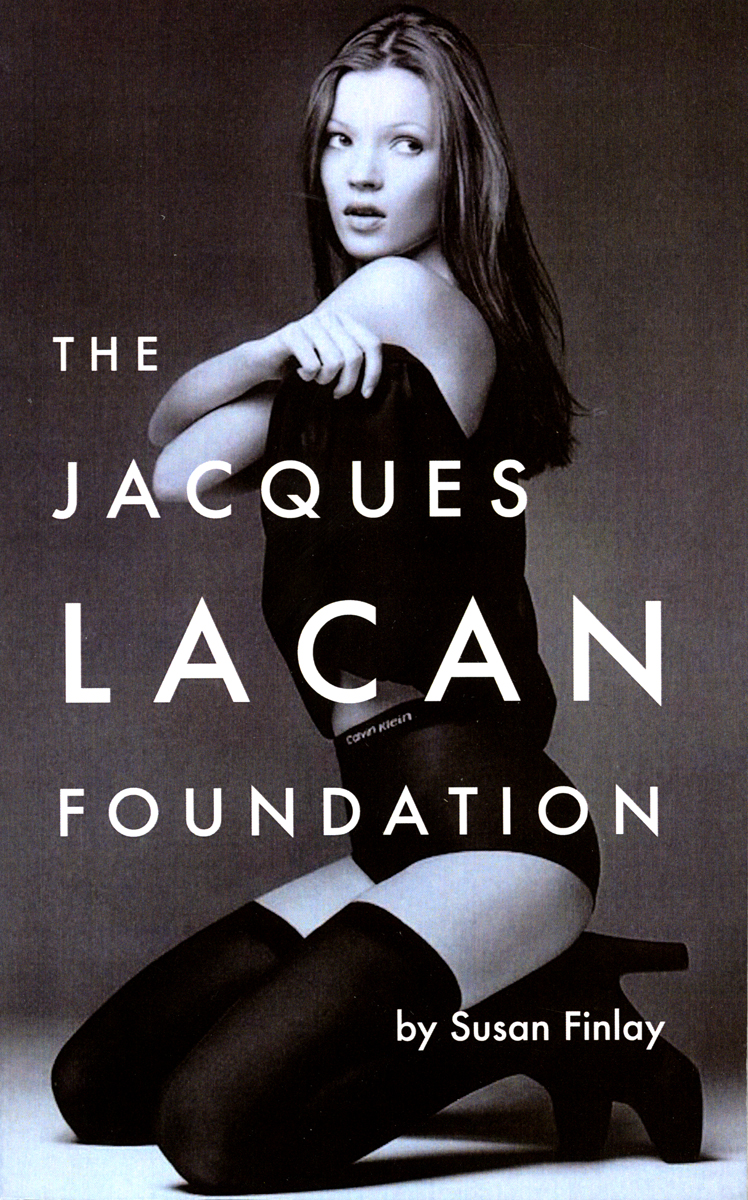Book by AMIR AHMADI ARIAN
Reviewed by FEROZ RATHER
Amir Ahmadi Arian’s Then the Fish Swallowed Him is an unswerving portrayal of an individual’s tormenting journey to self-realization in a totalitarian theocracy. By reproducing the minutiae of one man’s stolen solitude, Arian has created a powerful critique not only of the Mullah-dominated politics of Iran, but also of the very nature of political life in this society. Arian, an Iranian novelist, translator, and journalist who currently lives in New York City, has in the past translated novels by E.L. Doctorow, Paul Aster, P.D. James, and Cormac McCarthy to Farsi, as well as written two novels and a book of nonfiction in his native language. Released in March of 2020 in the U.S., Then the Fish Swallowed Him is Arian’s debut novel in English.
The book begins amidst a raucous union strike near the Jannatabad Bus Terminal in the northwestern part of Tehran, when middle-aged bus driver Yunus Turabi watches Mahmoud Ahmadinejad’s plainclothes militia—the Basijis, a zealous bunch of young Revolutionary Armed Guards—violently beat a woman. As the wife of an imprisoned activist is kicked in the ribs and flung on the ground, Yunus’s fellow bus drivers scream and shout. During the ensuing clash with the police, who are shielding the Basijis, Yunus is jolted out of his humdrum existence and is spurred to action by his colleague’s protests. But his punches, ecstatic and involuntary, are warded off with the blows of an electric baton. Numbed, he tears away from the crowd and hides on the roof of an empty bus.
Arian quickly establishes the nature and magnitude of Yunus’s malaise, one that is bound to spill beyond the limits of his body and mind. But what struck me as eerily familiar about Yunus (I was reminded of the mordant wit of Mohsin’s Hamid’s Changez, the repugnant humor of Aleksandar Hemon’s Brik, and the tender and lacerating rage of Kamel Daoud’s Musa) was how Arian links the disorientation caused by Yunus’s pain with a radical transformation in his attitude towards reality. As though the experience of physical suffering, sudden and intense, has qualitatively altered the intermeshed feelings of alienation and disgust, poverty and solitude, that constitute the throbbing core of this character. Yunus’s ability to see and smell, touch and taste, are enhanced. He interrogates his relationship with the world that surrounds him, perceiving things in a startling, metaphysical light—that is, seeing things not just for the significance they hold in the political order, but as they exist in and of themselves:
In the sitting room, I could barely recognize my own possessions. The TV seemed unfamiliar, larger than the day before. So did the couch, the old rug, the yellowing plant, and the table I had found on the street twelve years before. I had never liked it, yet I had kept it all this time. An urge to smash it all up came over me, but my muscles lacked the strength.
Yunus returns to work, juddering the bus forward. The constant bickering of his passengers irritates him, as does the bad traffic and the fumes. When a motorcycle overtakes him, forcing him to suddenly push on the brakes, the broken nose of a woman aboard earns him abuse. Having worked as a rule-obeying bus driver for 25 years, Yunus has now reached a tipping point. The insults he has buried inside him are a mass of uncontainable fury. Befuddled by the force of his own incandescent will, he levitates in a state of amorality. And when a young man—Yunus does not know he is the son of a transportation minister—provokes him, he severely, and without a shred of remorse, beats the boy, “destroying his youthful face.” But despite the blows and blood, I did not falter in sympathizing with Yunus because Arian’s voice is so persuasive, mingling the right measures of cynicism with comedy:
The men had blindfolded and handcuffed me too quickly for me to look at them. The two officers in the front hadn’t spoken yet, but the voices in the back were unmistakably young. I imagined them as caricatures of themselves: big young guys with round, full beards and matted hair, narrow eyes, thick thighs, chubby fingers.
In the subsequent scene of Yunus’s arrest by the police, as they take him to the infamous Evin Prison, Arian adopts a farcical tone to counter the bluntness of the violence. Though the conversation between the driver and the officer in the front is about the former’s son who is suffering from cancer and the difficulties of treatment by chemo, the mood in the car is comedic. The driver invariably veers off the highway onto the side streets to disorient Yunus, who casually remarks that “none of the names [the policemen used] were real and [I] wondered why they were not being creative.” This added layer of unreliability turns the characters thin and cartoonish, and they come across as though they are players in a charade.
In this scene as in other similar ones, Yunus’s angst remains camouflaged within the mass of documentary details Arian recreates with journalistic relish. Integral to Arian’s technique is an evocation of the history of Tehran as well as a replication of the physical city. The political gossip, provided in realistic dialogue uttered by peeved passengers and police officers, has been randomly registered by Yunus during his countless trips through the city. Understandably, Yunus carries an intuitive map of Tehran within him. Recalling the old trees and hillocks reminiscent of the pastoral settings of Hafiz’s poems and the grandeur of Persia inside the prison, Yunus seems to feel deep, personal discomfort about the myriad mutilations inflicted by the senseless regimes, revolutionary and otherwise, who go on urbanizing without any forethought. Yunus’s reaction suggests that Arian himself feels the streets and smells of Tehran in his bones.
Once trapped inside the prison, Hajj Saeed becomes Yunus’s principal tormentor. He accuses Yunus of conspiring against his own people by collaborating with the CIA and Mossad: the charge is that, in the middle of nuclear negotiations, he is earning his country bad international press by being a secret organizer of the strike he half-heartedly participated in. But before locking Yunus up, while the two are still traveling in the car with two other guards and the driver, Hajj Saeed unabashedly lambasts the West for its double standards, interventionism, and imperial greed in a way that might rattle readers of Reading Lolita in Tehran: A Memoir in Books (Azar Nafisi’s wildly popular memoir, published two years after 9/11). It is natural, as detailed in that book, that a secret seminar about American and English novels with morally ambiguous protagonists would fascinate Nafisi and her female students as they read and recreate in their minds the fictive realms against the homogenous backdrop of moral codes and ideology of the Islamic Republic. At the same time, though, Nafisi takes on in this book the role of an intellectual interpreter for the West, reinforcing the old stereotype of the illiteracy and powerlessness of ‘Middle Eastern’ women. This reminds me of Edward Said’s observation about his encounter with Sartre and Said’s disappointment with Simon de Beauvoir wearing “her famous turban…. [and] lecturing anyone who would listen about her forthcoming trip to Tehran with Kate Millett, where they were planning to demonstrate against the chador.” Said obviously found this attitude silly and patronizing. The reason why Then the Fish Swallowed Him succeeds as a comment on the contemporary politics of Iran is because of Arian’s nuanced, double-pronged critique, voiced by both Yunus and Hajj Saeed. While Yunus embodies a challenge to the vicious curbs imposed by the theocratic regime and what kind of depleted existence the denial of privacy and individual rights and freedom means, Arian is acutely aware of Iran’s larger political context. He was only a year old when the Iran-Iraq war began in September of 1980 and lived through the horrors of that war (in which the liberal democracies of the West supported the soon-to-be-vilified Saddam Hussain). Iranians, Arian conveys, also feel paranoid because of the sanctions as well as the American occupation of its two immediate neighbors, Iraq and Afghanistan, and the mounds of human wreckage piled on the ground since President Bush’s unilateral declaration of war against those countries.
Yunus, however, does not seem to respond to Hajj Saeed’s indictment of the West in any significant way. He is busy decoding the bureaucracy and baffling procedures of modern systems of incarceration. His severe confinement triggers a series of memories that serve as the backstory of the novel. We get to know that he is passionate about tea. That his father was a foul, useless drunk. That after his father’s death by convulsion a year before the Revolution, after his demented mother has nibbled an overdose of pills and is killed in a road accident, instead of performing the last rites of her death, Yunus flees the scene and goes for a long bus ride through the city. What adds to readers’ moral shock is learning that Yunus has earlier seduced the bored wife of his friend and colleague and entertained a brief, lustful affair. The most disturbing scene, however, that intercepts these speedy sojourns through memory is when the torture and confinement of the cell pushes Yunus into the primal:
I… looked carefully at this archetypal toilet in my cell. I noticed multiple smears around the metal rim of the bowl. Dry vomit. Saliva filled my mouth…. I crawled on both hands and feet toward it. I smelled the dry vomit, rubbed my cheek on it, tasted it with the tip of my tongue.
Arian’s adoption of the animalistic is deliberately disgusting. After a few days of going hungry, Yunus is stunned into feeling how the pain caused by a dislodged kneecap has vivified his awareness of the inner workings of his body. The gray walls of the narrow cell would no longer contain him because Yunus can generate his own freedom “by recognizing the capaciousness of the surroundings” and “the toilet could contain all other toilets in the world, the abstract sublime idea of the toilet.” Ironically, it is in such cramped conditions that Yunus feels the transformative, Platonic power of his punishment and finds beauty in the dull and the abject.
Then the Fish Swallowed Him is a vital reflection on our bigoted times when the souls of entire countries are held hostage by crass populists and demagogues, rendering the bodies of millions of citizens potentially incarcerable. This book is a cry of protest from the depths of the dungeon. Through the complexities of perceptual distortion that Yunus experiences in the imprisoned territory of his body, Arian illuminates our understanding of the nature of the violent incursions of a sanctimonious state.
Feroz Rather holds a doctorate in creative writing from Florida State University, with a focus on history of the novel. His work has appeared in Michigan Quarterly Review, The Common, The Kenyon Review, The Ploughshares Blog, The Millions, The Rumpus, The Adroit Journal, Barrelhouse, Caravan, and in Mad Heart, Be Brave: On the Poetry of Agha Shahid Ali published by Michigan University Press. His debut novel, The Night of Broken Glass, published by HarperCollins in South Asia, was nominated for the First Book Award by the Ninth Mumbai International Literary Festival. His essay “Reflections On An Ordinary Grief” is forthcoming in the summer 2020 issue of Carve Magazine.





